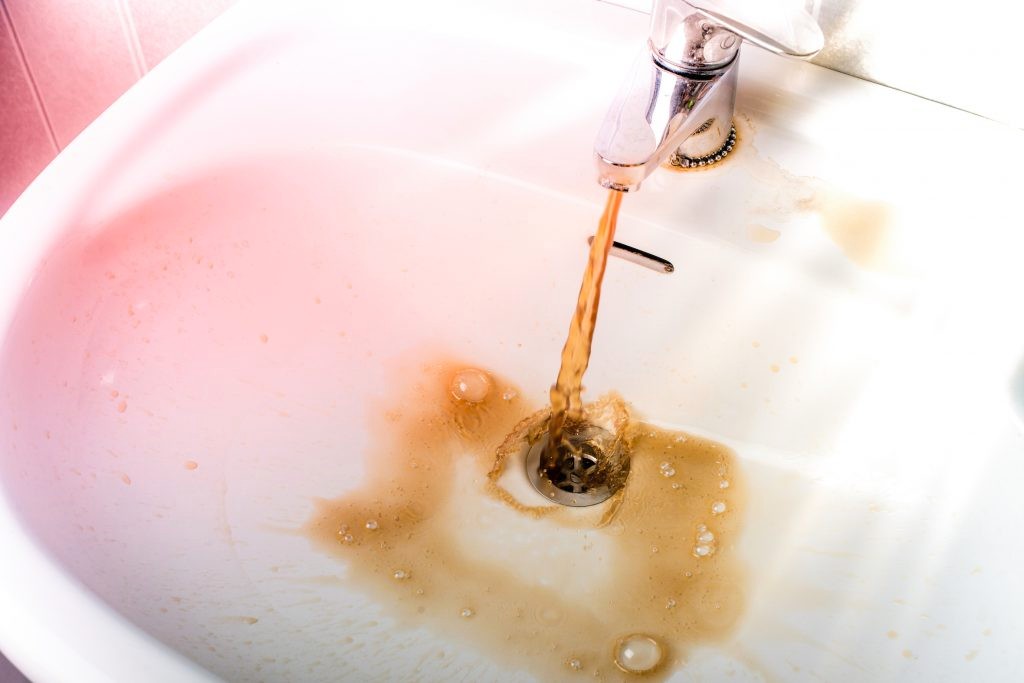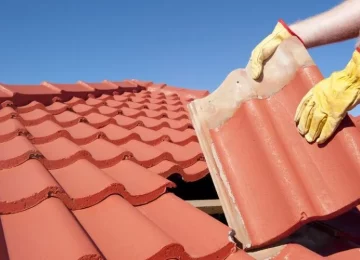Pure, untainted, and invigorating water is a highly sought after commodity. In a word, water is essential to the survival of humanity. With recent contamination and pollution crises that have disrupted water supplies around the world, the usage of filtered or purified water is rising in favour. Iron pipes increase the likelihood of water supply contamination by rust. The presence of iron bacteria has been linked to rust. Iron rusts when it is left out in the elements for too long, namely in the presence of oxygen and water. Rust is harmless even in trace amounts because oxidised iron is a nutrient. Rusty water, on the other hand, becomes brown and may be harmful, displaying the reverse behaviour.
Having a Poor Hunger Sense
Rust in the water is ugly to look at and has a foul taste, but it poses no immediate harm to human health. If rust is in the water, it may take on a rusty reddish colour. If there is too much rust in the water, it may have an unpleasant flavour. It’s safe to assume that no one will want to drink the water if anything like this occurs.
Cold, brittle iron is used to make supplies
Rarely, iron may be found in water supplies, yet it is a crucial mineral. You may be able to find iron in your water supply. It’s commonly accepted that iron is good for you since it helps your blood carry oxygen throughout your body. The Department of Natural Resources classifies rust in water as a “aesthetic contaminant” since it is more likely to ruin an individual’s garments by staining them than it is to cause harm to a person who is drinking it. Last but not least, rusty water may foster the spread of germs or serve as a gathering place for them. After an event like this, water treatment is necessary because of the presence of coliform bacteria. In this case, you must go with the rusty water.
When it comes to rusting, it is more common for the inside of an iron pipe to show signs of corrosion before the outside. Mineral and rust deposits oxidise over time, flake off, and disappear. As a consequence, pipe corrosion, cracking, or bursting may occur, potentially causing leaks within the house. After a flood, mould is more likely to form as a result of the water damage, posing a threat to the health of the people. Mold that has formed in a person’s pipes or sinks may contaminate the water and cause serious illness if consumed.
Rusty water may also promote the spread of new pathogens
This may cause pipe corrosion, pipe cracking, or even pipe breakage, all of which can cause leaks within the home. The Department of Natural Resources reports iron in drinking water poses no serious threat to human health; but, iron may give water a metallic taste and leave a bad aftertaste. Since iron is usually not a problem with municipal water sources, you may want to consider purchasing a water filter if your major source of drinking water is a well instead.











